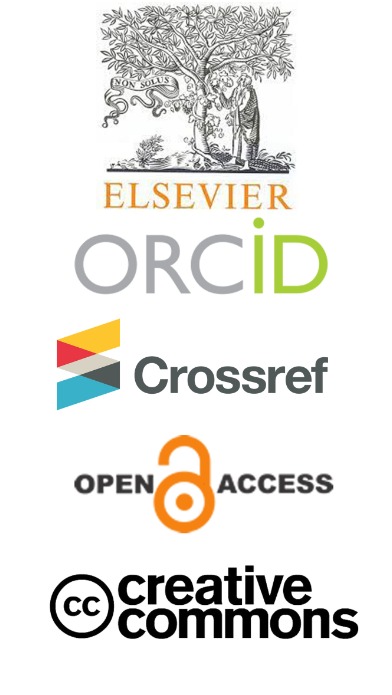Political Commentary on Oppression in Selected Poems
Abstract
Some notable poets throughout history have attempted to inspire change by using their craft to criticize the world at large and bring attention to the unfair features of society. This content analysis examined eight poems to verify this. The selected poems include Oodgeroo Noonuccal’s “Aboriginal Charter of Rights,” Seamus Heaney’s “The Act of Union,” David Diop’s “Africa My Africa,” “Alabama Centennial,” “First Day After the War” by Mazisi Kunene, Naomi Long’ “Anthem for Doomed Youth” Wilfred Owen, Isobel Thrilling’s “Children in Wartime,” and Wilfred Owen’s “Arms and the Boy.” The assumption was supported by the results of content analysis. The “Aboriginal Charter of Rights” promotes more openness and fraternity between Aboriginals and other Australians on legal and anti-oppressive politics, while the “The Act of Union” displays British preeminence and encourages unity among Irish people. Poems like “Africa My Africa” and “Alabama Centennial” throw light on the battle of Africans against white domination, while “First Day after the War” celebrates the victory of the fight against protracted oppression. These poems all touch on the politics of racism and anti-slavery. As a conclusion, “Anthem for Doomed Youth” mourns the deaths of innocents in war, “Children in Wartime” shows how children's imaginations suffer during conflict, and “Arms and the Boy” shows how violence is inherent in human nature. It is clear that the poets with a commitment to social justice hope to inspire the next generation to take action after being inspired by their work.



